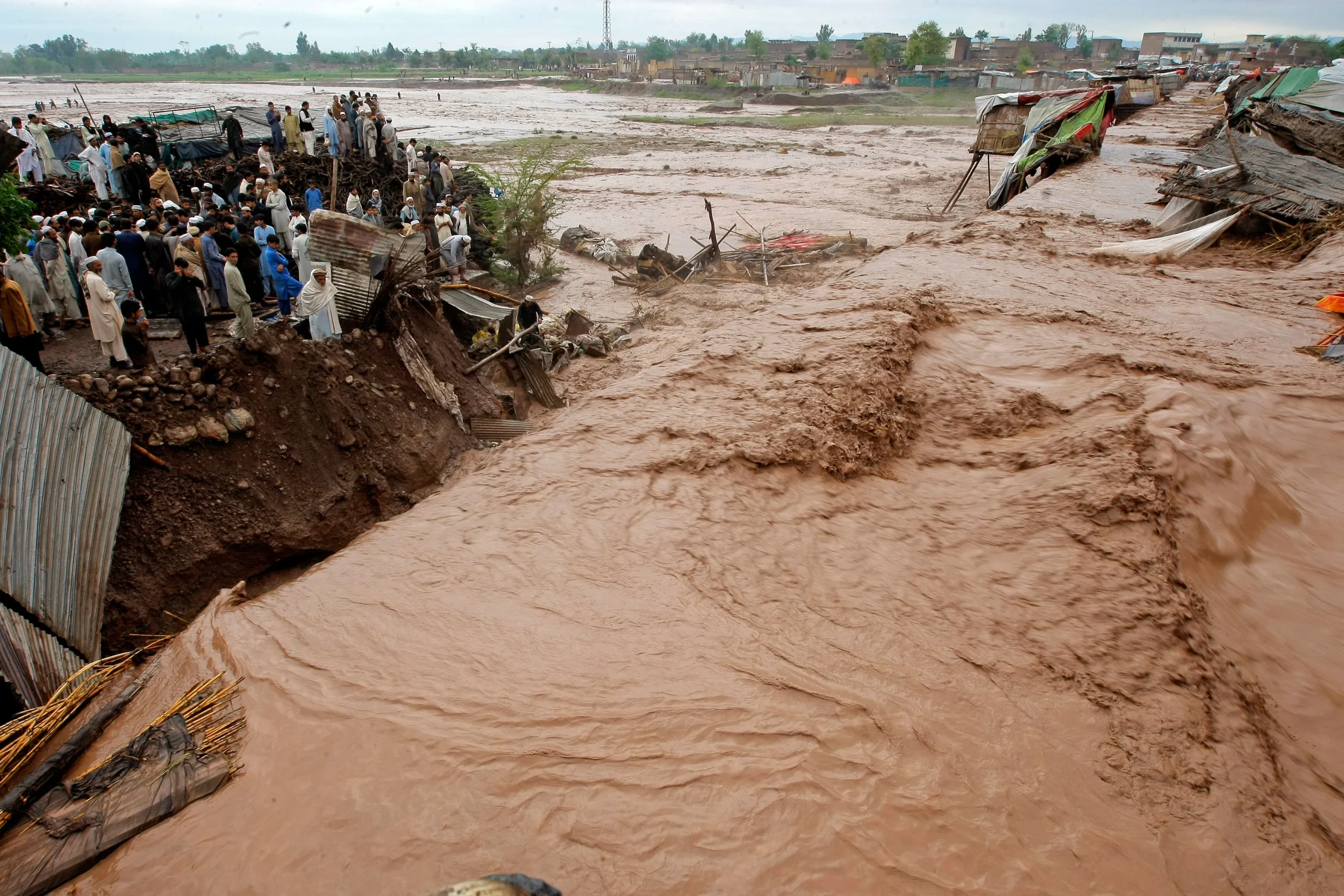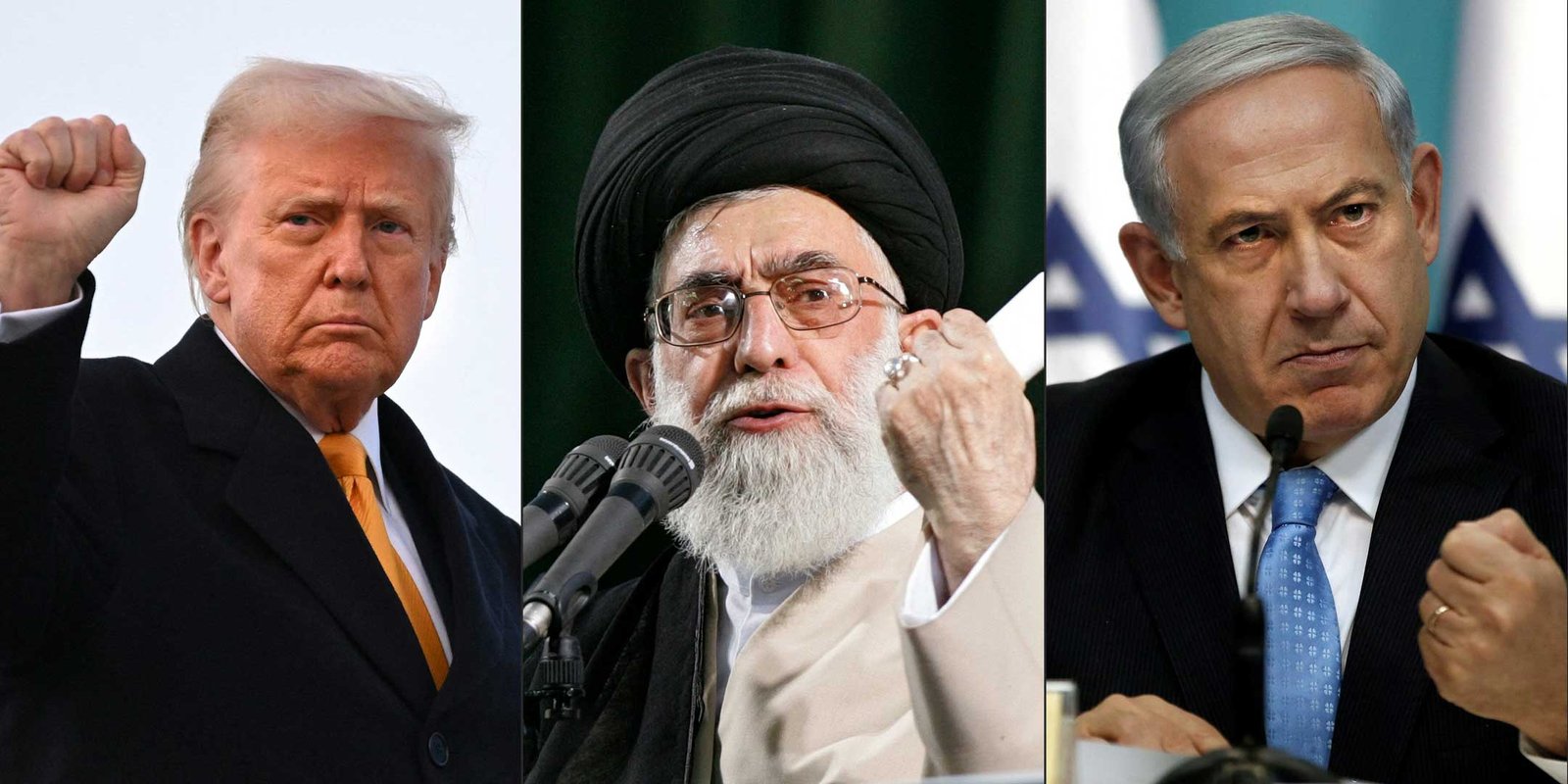Editorial
In a landmark moment for global climate action, the 28th United Nations Climate Change Conference (COP28) held in Dubai culminated in a historic agreement. After two weeks of tense negotiations, 194 nations unanimously committed to “transitioning away from fossil fuels in energy systems, in a just, orderly and equitable manner.”
This marks a significant turning point in the fight against climate change. For 28 years, these annual summits have inched towards collective action, and finally, the world has uttered the “magic words” that the European Union’s climate commissioner described as “the beginning of the end of fossil fuels.”
The agreement sets ambitious targets: a 43% cut in greenhouse gas emissions by 2030 compared to 2019 levels, and net-zero emissions by 2050. While some argue that this doesn’t go far enough, the mere inclusion of fossil fuel phase-out, especially with the backing of fossil fuel-dependent nations like the Gulf countries, is a remarkable achievement.
Please, subscribe to the YouTube channel of republicpolicy.com
Another significant outcome is the establishment of a $700 million Loss and Damage Fund to support climate-vulnerable countries. While this falls short of the actual need, considering Pakistan’s $30 billion flood damage alone, it marks a crucial step towards addressing climate justice. However, wealthy nations like the US with its paltry $17 million pledge fall short in their historical responsibility for this crisis.
Meeting the future energy needs of developing economies through renewable sources will be a major challenge. A UN report estimates a $2.4 trillion annual climate finance requirement by 2030 for these nations. Again, developed countries fall short with inadequate financial commitments, casting doubt on their true commitment to alleviating the damage they caused.
Please, subscribe to the monthly magazines of republicpolicy.com

















